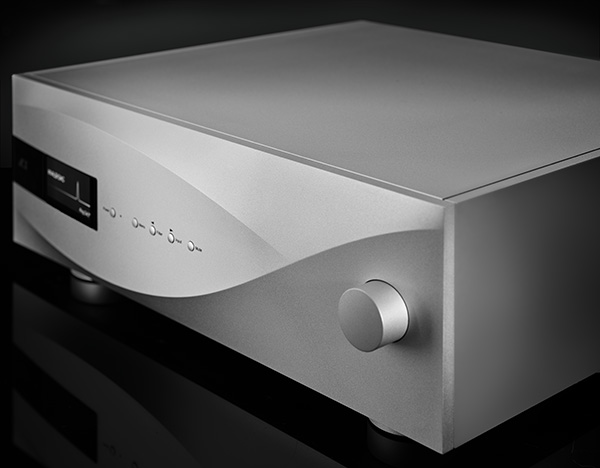Well hmm. Amir has done a lot of ear training (in the audio, if not music theory, sense). If he, for instance, said he walked in to an exhibition room at an audio show and thought the sound was inaccurate in some way, I would take that into account. The issue isn't whether people hear something so much as *why*. There are a million reasons one can like or dislike or take issue with sound. It could have been the room, the recording, something in the chain, some background noise.....or entirely in one's head. So I wouldn't jump to the conclusion that it was the equipment being advertised in that room.
The problem with the vast majority of subjective audio commentary in this industry is that it describes all sorts of sensations, but attributes them to specific equipment. Even when this is incredibly unlikely.
Here's one of the first things I googled:
"Roberta Flack has Lou Gehrig's disease and can no longer sing," Béla, my visiting friend, yelled from the guest bedroom. The news rekindled in me the same mixture of sadness and foreboding I get every time I read about the decline or death of an iconic musician who rose to fame during my...

www.stereophile.com
In this article we go from highly subjective perceptions, very likely just the result of paying attention in a different way, straight to the allegedly revolutionary D/A processing. What I really object to is the reviewer making that trip without even a nod to other possible causes. But the industry demands it (with its advertising dollars). Such a mess.

 www.audiosciencereview.com
www.audiosciencereview.com

